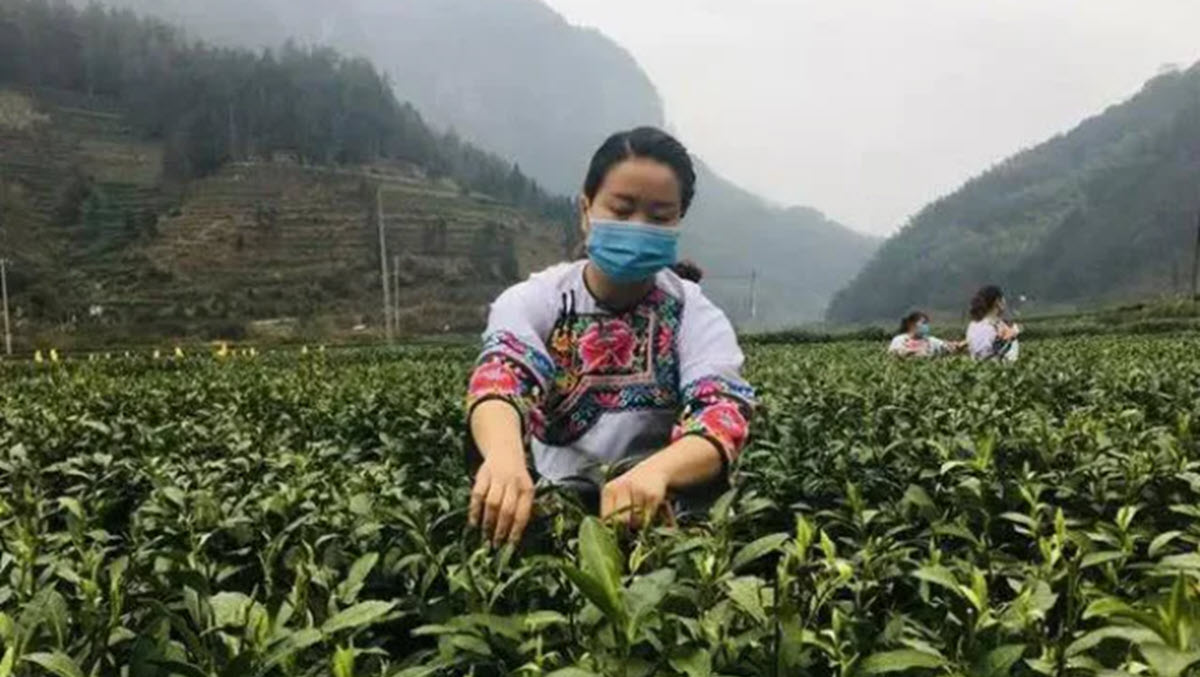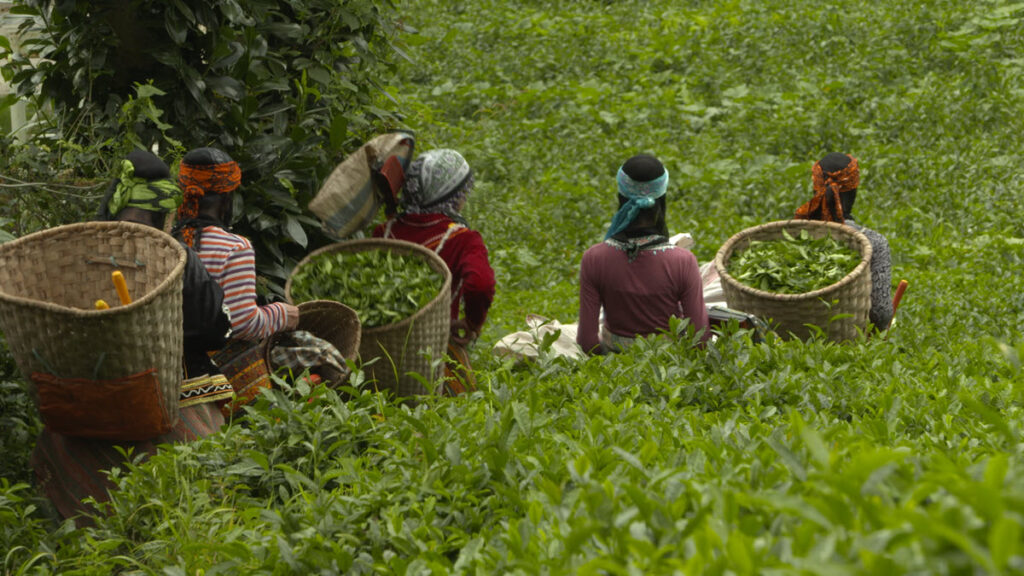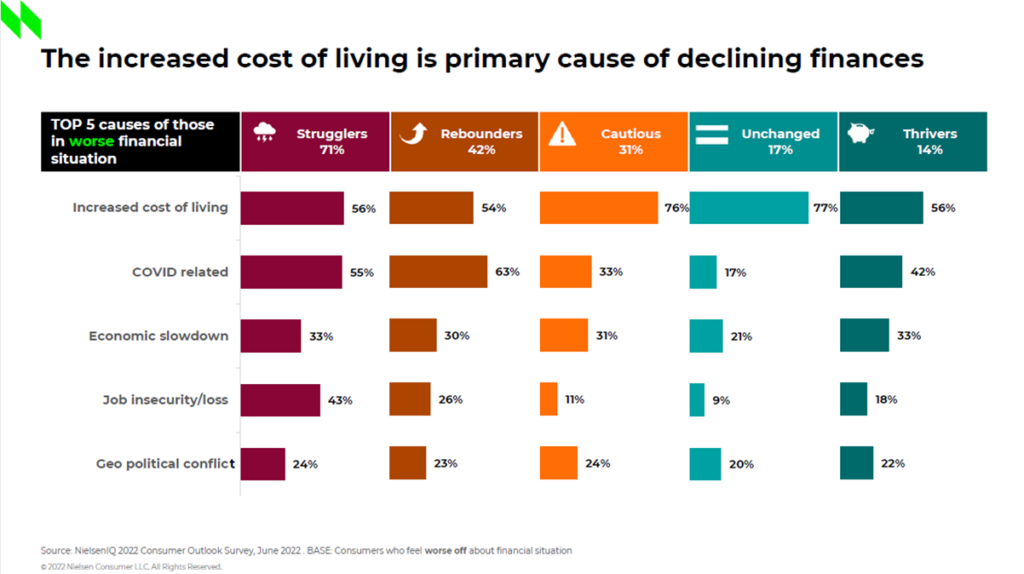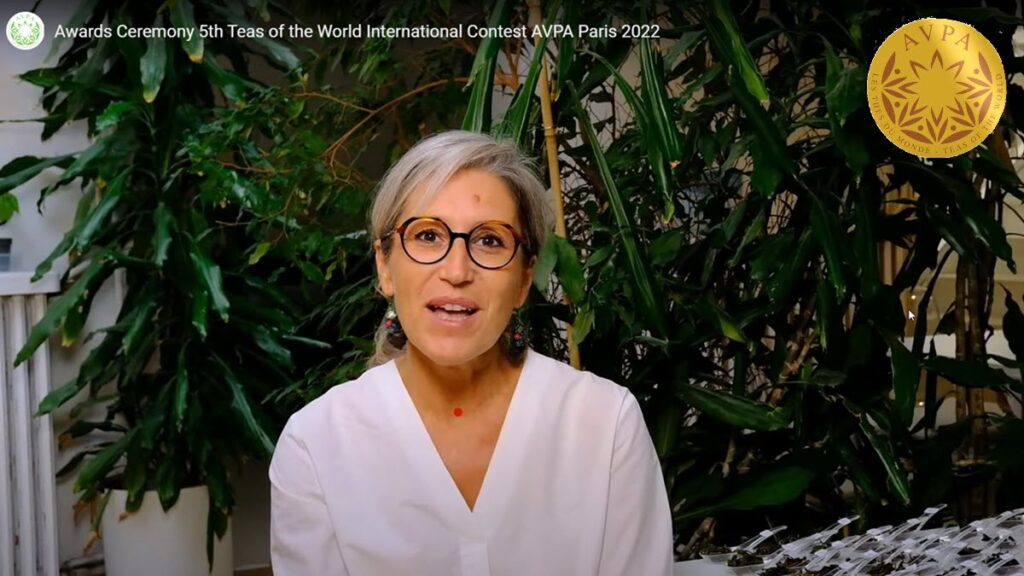
Tea pluckers in China practice COVID distancing during the 2020 harvest
Tea News for the week ending January 6
Podcast Episode 98
Millions of urban Chinese will return to their ancestral homes in rural China to celebrate the Lunar New Year, raising concerns about outbreaks and possible labor shortages in tea-growing regions as the spring harvest begins.
The end of China’s dynamic zero-COVID policy is returning vitality to the travel, outbound tourism, restaurant and catering, and entertainment sectors, all of which benefit tea sales. But easing track-and-trace rules also enabled consumers to circulate, leading to a steep incline in viral infections.
| The World’s Top Black Tea Producers Report Export Declines in 2022
Export volume in Kenya and Sri Lanka, two of the world’s top three black tea-exporting countries, declined in 2022. Data is preliminary, and the reasons vary as weather, geopolitics, and pandemic-induced economic setbacks resulted in another lackluster year for trading tea.
| What do We Value about tea, and How Do We Value It? Speakers at the 8th Annual day-long, in-person Global Tea Initiative Colloquium on Jan. 19 at the University of California, Davis, will discuss Tea and Value. Register free at globaltea.ucdavis.edu
| PLUS Grace Farms is introducing a line of ethically and sustainably sourced teas that co-founder and CEO Adam Thatcher says will give back 100% of profits to help end forced labor worldwide – forever. According to Thatcher, “even though slavery was abolished globally nearly a century ago, more than 28 million people are trapped in forced labor worldwide. Poverty and lack of access to education create opportunities for those who stand to benefit from the exploitation of vulnerable men, women, and children. In modern times forced labor takes the form of work with little to no pay, fear and coercion, and restricted freedom of movement.





